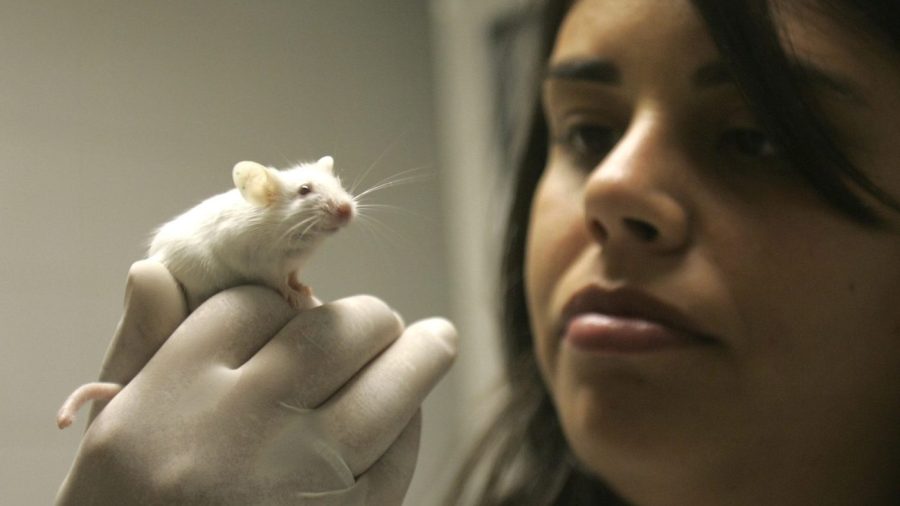
Research into alternatives to animal testing is gaining momentum, but current technologies are not yet sufficient to fully replace animal research. According to a recent statement from the National Institutes of Health (NIH), while innovative models show promise, they must be developed further to ensure patient safety and efficacy in medical treatments.
The NIH emphasizes that traditional animal research continues to play a crucial role in understanding complex biological systems and disease mechanisms. Animal models provide invaluable insights that often cannot be replicated with in vitro or computer-based technologies alone. In particular, studies involving mammals have been instrumental in the development of numerous life-saving treatments.
Despite advancements in technology, the transition to non-animal models remains challenging. The Food and Drug Administration (FDA) has acknowledged that while there are efforts to reduce reliance on animal testing, current alternatives may not always yield the necessary data for regulatory approval. The FDA continues to require robust evidence from animal studies to confirm the safety and effectiveness of new drugs before they can enter human trials.
Importance of Diverse Research Models
Diverse research models are essential for validating findings and ensuring that medical advances benefit patients and their families. Researchers from the University of California, San Francisco, argue that a multi-faceted approach, combining both traditional and modern methods, is imperative. This diversity in research methodologies enhances the overall quality of scientific inquiry and helps to bridge the gap between lab results and clinical outcomes.
Furthermore, regulatory bodies in the European Union (EU) are actively exploring frameworks to integrate alternative methods into the research process. While these frameworks are still in development, they signal a recognition of the need for innovative approaches that do not compromise on safety or research integrity.
Future Directions and Collaborations
As the scientific community continues to explore new methodologies, collaboration between various stakeholders will be vital. Partnerships between academic institutions, regulatory agencies, and industry leaders are necessary to advance the development of reliable alternatives. By pooling resources and expertise, these entities can work towards establishing a comprehensive set of guidelines that support the transition to non-animal research methods.
In March 2023, a conference held in Brussels focused on this very topic, bringing together experts from around the globe to discuss the future of biomedical research. Attendees highlighted the need for sustained investment in alternative technologies and the importance of regulatory acceptance to drive innovation.
While promising technologies are emerging, the current consensus indicates that animal research remains an indispensable component of scientific inquiry. As the landscape of medical research evolves, it is clear that a balanced approach—leveraging both animal and non-animal models—will ensure that the safest and most effective treatments reach patients in a timely manner.
The journey towards the full replacement of animal testing is complex, but with ongoing research and collaboration, there is hope for a future where animal models are minimized while still ensuring the highest standards of patient care.







